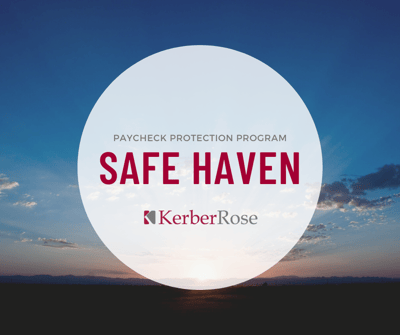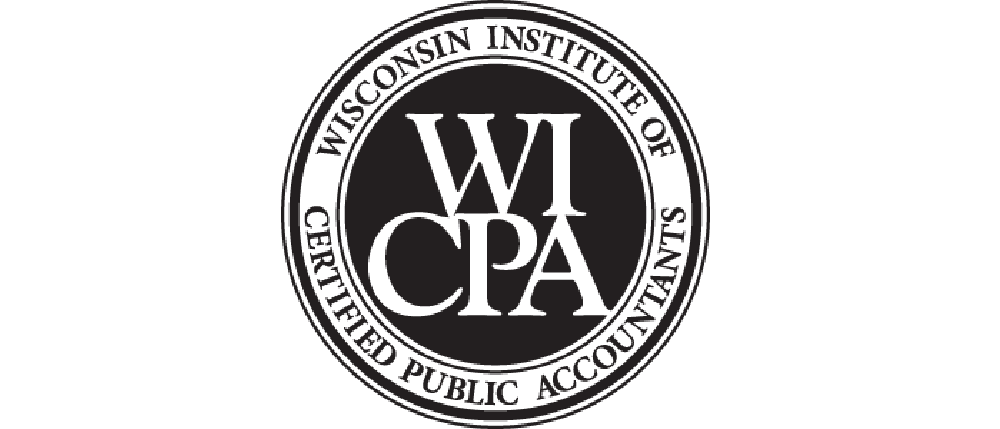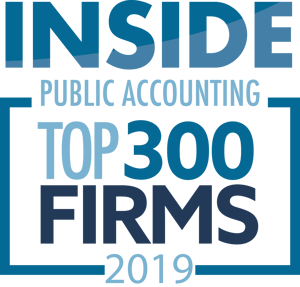
Have you received a Paycheck Protection Program (PPP) loan? If you are a non-profit business owner, you might have some questions regarding forgiveness. Luckily, KerberRose is here to help.
There are four possible scenarios which could occur with respect to forgiveness of PPP funds for nonprofit organizations:
- Federal and state governments will recognize the extreme duress faced by nonprofits and neither the federal agencies nor state agencies will claw back or disallow any funding. While this is certainly a possibility, it is probably not the likely outcome.
- Nonprofits will be allowed to keep all their PPP funds and the full amount of the loan will be forgiven—provided they meet the applicable requirements for forgiveness. However, federal and state agencies will claw back or disallow grant funding for the forgiven costs. There is no doubt, given the financial uncertainties and strains many states are experiencing, this is what states are counting on. Essentially, this allows the state to be the pass-through beneficiary of the PPP funds, which they were not eligible for directly.
- Nonprofits will be allowed to keep all their PPP funds, and a portion of those funds will not qualify for forgiveness because the costs were not borne by the nonprofit agency. The unforgiven PPP funds will have to be repaid over time, and the PPP funds would not replace federal and state funding. Short of no claw back at all, this is the best outcome for nonprofits. Being able to retain all the PPP loan funds, even as a long-term loan, could be the difference between survival and demise for many nonprofits, particularly in the face of future funding delays, freezes or cuts.
- Forgiveness becomes a free-for-all where every federal and state agency makes their own rules, leaving nonprofits in a quandary, not knowing what to do or how to proceed. This is a very real and unfortunate possibility, which we already see signs of this occurring. The PPP has generated a multitude of questions and issues for borrowers and lenders alike: so far, the Small Business Administration (SBA) has been slow to respond, and often the responses themselves have generated more questions than answers. When you consider the SBA does not typically deal with the nonprofit sector, it seems likely guidance on this very important issue will be late in coming, ambiguous and insufficient. Let’s hope this is not the case.
Do Not Rush Forgiveness
We know many nonprofits are anxious to file their forgiveness applications, get PPP loan funds off their books and move on. However, we encourage nonprofits to not don’t rush forgiveness! Congress has given recipients 24 weeks to spend their loan money and another 10 months to submit the application for forgiveness. We urge you to use this time to your advantage. The more forgivable costs a nonprofit incurs, the better off they are likely to be when the funding conundrum is resolved; particularly under possible scenario 3 (above), in which total costs are reduced by grant-funded costs to arrive at forgivable costs. In this case, only non-grant expenses would qualify for forgiveness, i.e., the more non-grant expenses, the better.
We don’t currently know what this situation will lead to in the future; however, it’s difficult to imagine a scenario where more time – and more expenses qualifying for forgiveness – is not beneficial. A situation where there is a significant reduction in full-time equivalent employees (FTEs) before the end of the Covered Period might be the only exception. Regardless, even if a nonprofit is concerned about a reduction in FTEs, they have nearly a year from the date of their PPP loan to elect an 8-week Covered Period. Using this time will give the nonprofits the benefit of significant hindsight in running the numbers.
Furthermore, delaying the formal request for forgiveness provides both more time for the issuance of definitive guidance and potentially defers the recognition of revenue. Further delay of revenue recognition may lead to other benefits.
Reallocate Your Grant Budgets
Some federal and state agencies allow, or have revised their rules to allow, government grant recipients to reallocate their program budgets among different line items, with or without grant or agency permission. Take advantage of this opportunity by reviewing your program budgets and consider allocating costs away from line items which qualify for PPP loan forgiveness to other cost line items which may be underfunded. You will want to consider other uncovered expenses or gaps in funding which might be utilized as part of the allowable expense pool, such as:
- Programs which have lost funding
- Salaries to staff for services unable to be provided due to social distancing mandates
- Salaries for staff whose programs have been canceled and/or lost their funding, or for staff who have been repurposed for other programs
- Programs for which the government has determined there is no methodology to pay for services
- Programs costing more than what is reimbursed under the rate methodology (i.e. program losses)
- Expenses related to overtime or hazard pay
- Increased staffing for additional time and services being provided for those in need due to COVID-19
- Unfunded costs
If you still have questions or concerns regarding your PPP forgiveness, contact a KerberRose Trusted Advisor by visiting www.kerberrose.com/contact-kerberrose.








